20 Things I Wish I Knew Before Moving To Tokyo
From the obvious to the not so
Because common sense is not always "common."
Eccentric, outlandish, exaggeratedly conventional and yet completely unconventional, Tokyo is a wonderful mix of cultural overload, delight and discovery. With more places to eat than you’ll ever manage, a design scene second to none, festivals for everything, and so much to explore, your time here will be nothing short of fascinating.
But if you’ve just arrived, you will be overwhelmed. We were. We moved from Hong Kong to Tokyo just a year ago, and there are a few (okay, many) things I wish I had known.
1. Always carry enough cash
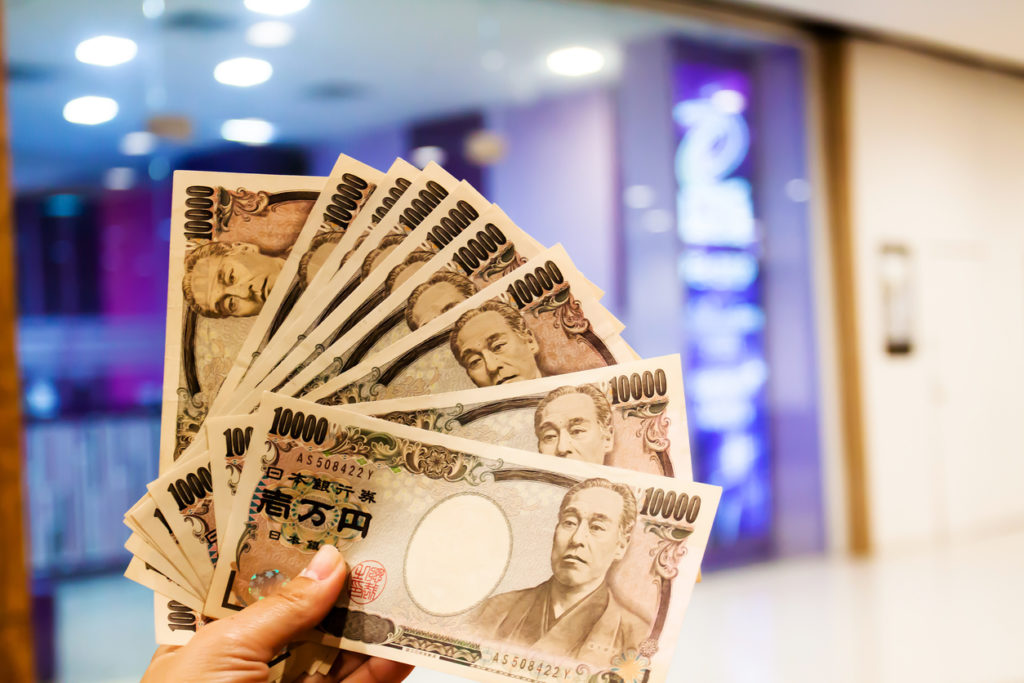
Make sure that you always have enough on you. For many things, Japan is still a cash society and you will be surprised to hear more often than not “crejitto ca-do tsukaemasen” (no credit cards.) Having enough cash means that, if you get stuck, you will be given the opportunity to nip out and refuel.
2. Convenience stores, not banks
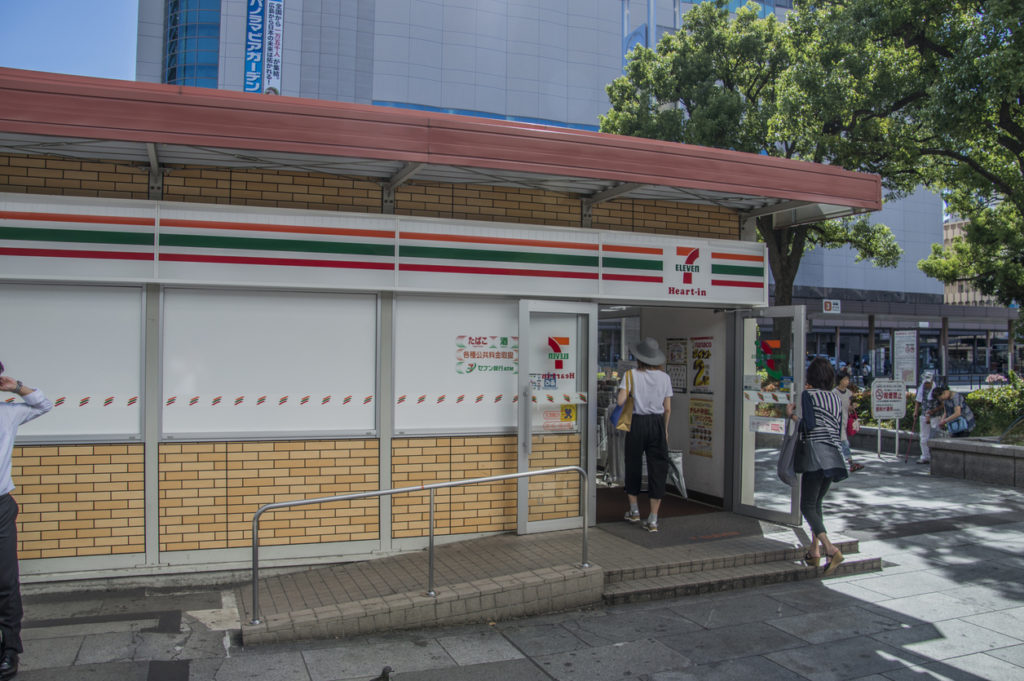
Go to the convenience stores for cash – don’t spend time looking for the high street banks. Most mainstream convenience stores like Family Mart and Seven Eleven have ATMs and most of them have English options. Also, banks typically close at 3 p.m., so if you’re working late, regular ATMs or convenience stores are your best options.
3. Google Translate will be your BFF for a while
You will feel illiterate. Don’t leave home without the google translate app downloaded and guard it with your life. Even with it we have mistaken chicken stock powder for brown sugar, shampoo for conditioner, and couldn’t even run the bath in our service apartment.
4. Visas and residency cards are issued surprisingly fast
Whether it’s a study visa, work visa or working holiday visa, on arrival at the airport head to the appropriate desk with your passport and visa (that is of course, given that you have completed the necessary procedures beforehand). They’ll take your details, your photo and fingerprints and you’ll get your residence card immediately. Quick and efficient. Don’t leave home without it.
5. Fourteen days is the limit
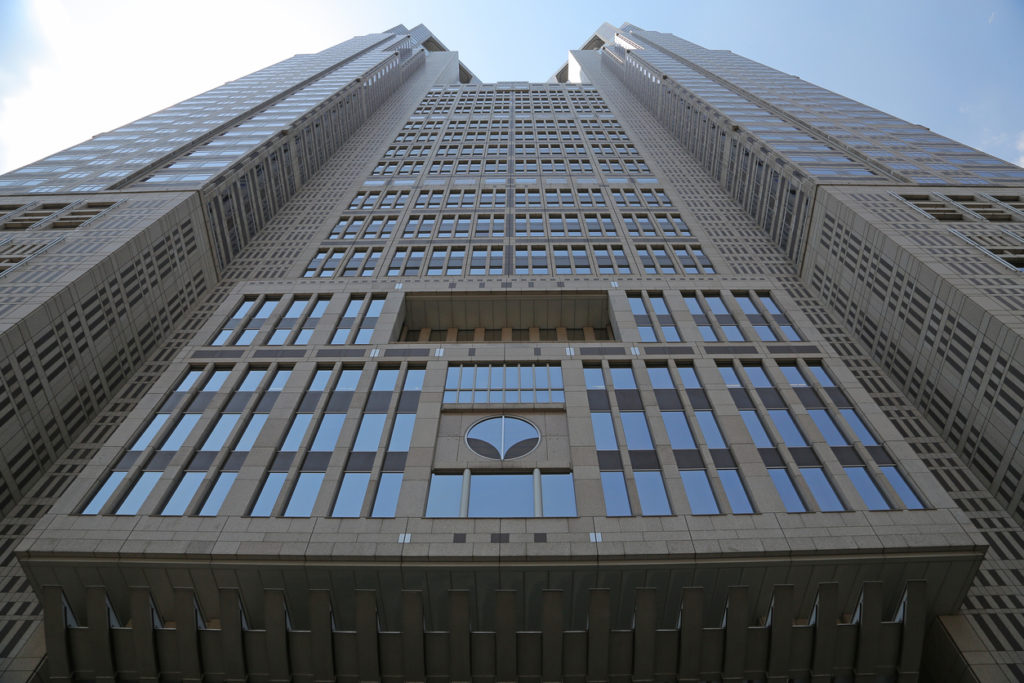
The Tokyo Metropolitan Government Building
Armed with the residence card, passport and a copy of your new permanent address, head to your ward office where you register as a resident. Do this within two weeks (14 days) of arriving in Tokyo. Or wait for your permanent address if you haven’t got one yet and then register.
6. There are many ways to learn Japanese
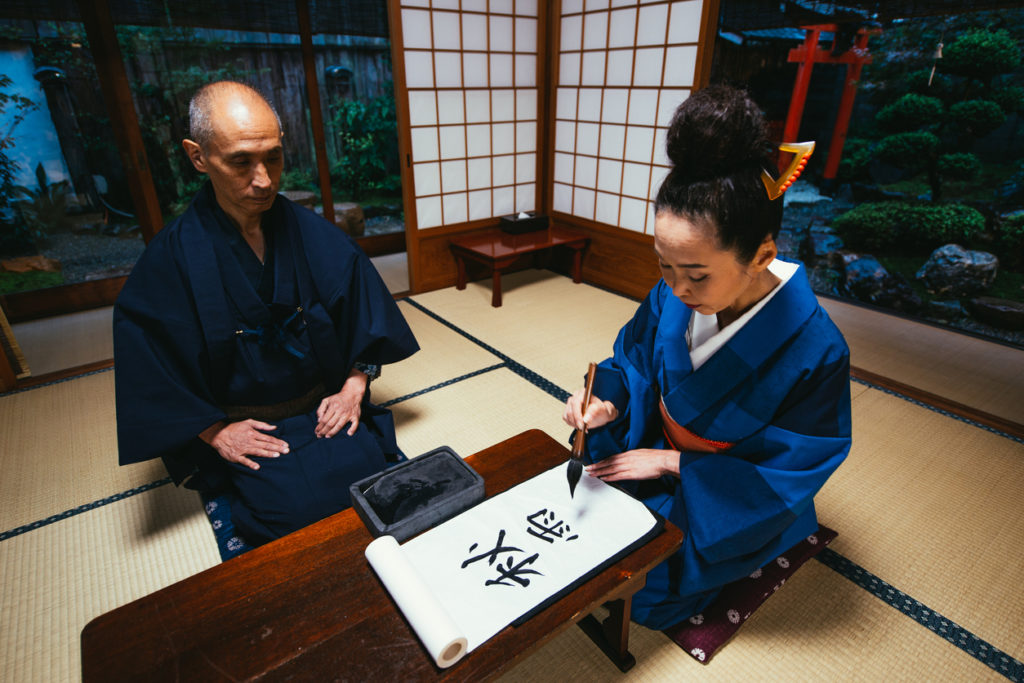
Don’t waste time (and money) going to a language school. Most local wards offer incredible language courses, either for free or for an extremely reasonable price. In my district (Shibuya), I was lucky to have 14 weeks of classes (four hours a week) at ¥6,000 with superb teachers who speak only in Japanese, and 10+ in your class all struggling to make themselves understood. Great fun.
7. Get your Suica/Pasmo card on day one
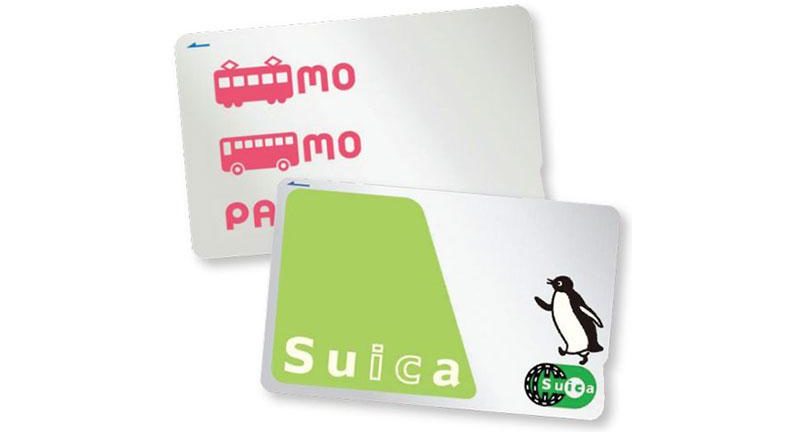
These are rechargeable cash cards that you swipe in and out of the station saving you the hassle of buying tickets each time. Get them at any station and don’t be afraid when going through the ticket barrier if you see a whole crowd coming towards you – they work from both ends. Plus, you can use those at convenience stores and vending machines.
8. Take a friend with you to the supermarket
Find a Japanese friend and take them with you to the supermarket for your first visit. With 60 percent of goods being unrecognizable to you, it will expand your reach exponentially. Supermarkets are everywhere, as are farmers markets, though it takes a while to find out where. There’s also Honestbee that delivers to your home (usually) within the same afternoon.
9. Arrange your health insurance right away
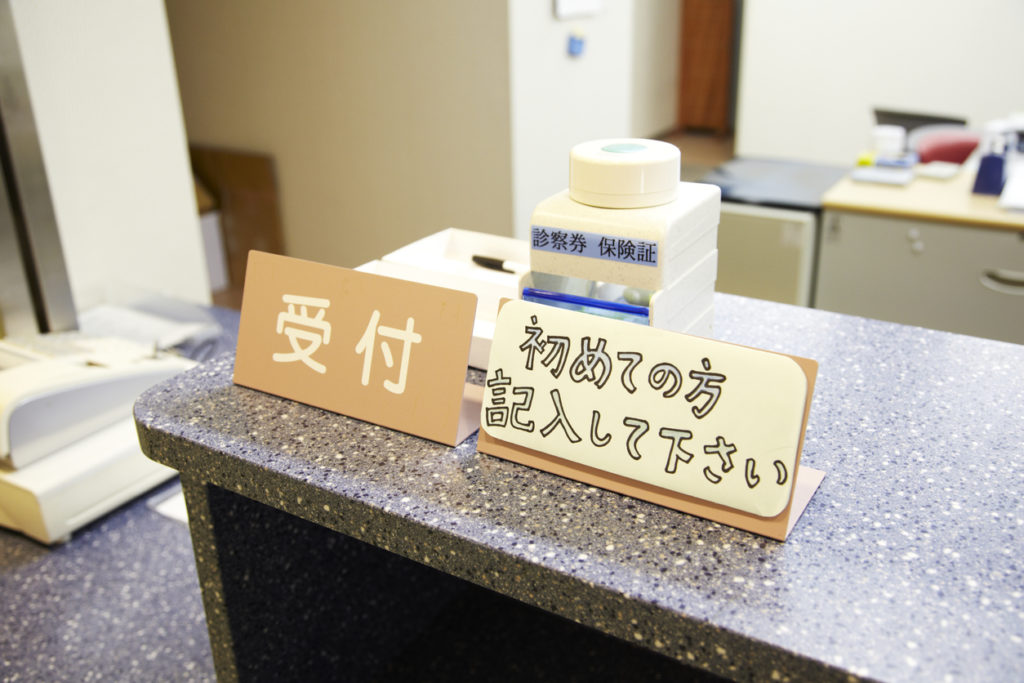
Once you have registered your address in your local ward office, if you aren’t employed full time here (or aren’t using your spouse’s insurance) you will be set up with national health insurance coverage which requires monthly payments. The insurance covers 70 percent of your medical costs and you will be required to pay the remaining 30. If you need to bring medication into Japan you’ll need a proof from your doctor on arrival – ask your embassy about the requirements before you leave.
10. Utility bills don’t come in envelopes
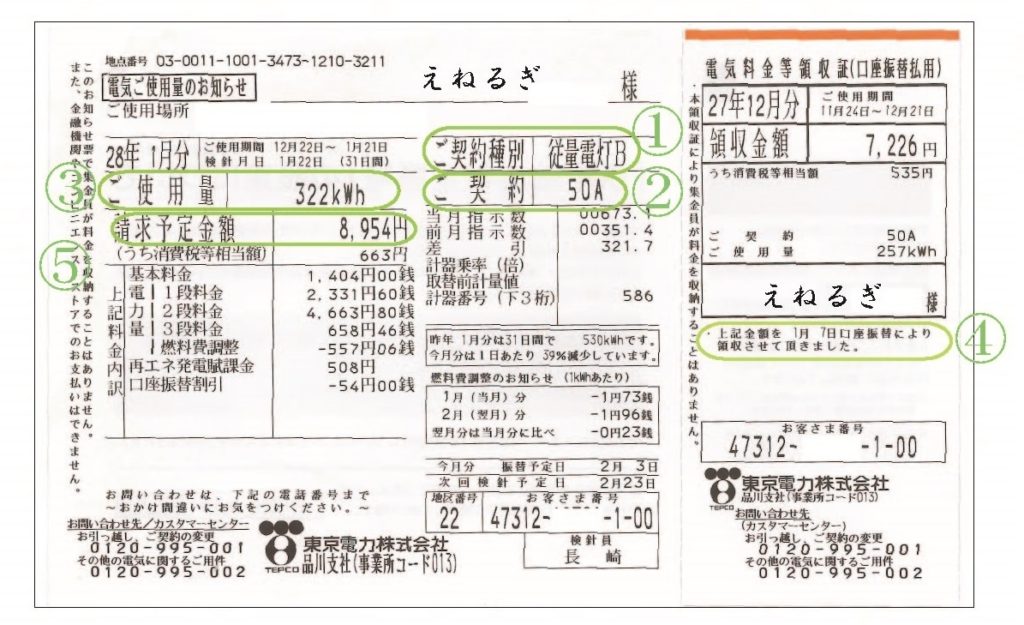
This is how your electricity bills will look like.
Bills come without envelopes, and usually without a recognizable name. If you’re like us, you might think these are promotional flyers out of your scope of understanding and will throw them away. The utility companies will call you up (you won’t understand) to let you know you haven’t paid your bills (which you won’t realize you have received). So make sure you keep all your paperwork and ask a kind neighbor or a colleague from work to keep you up to date.
11. You’ll be asked about your hanko at banks
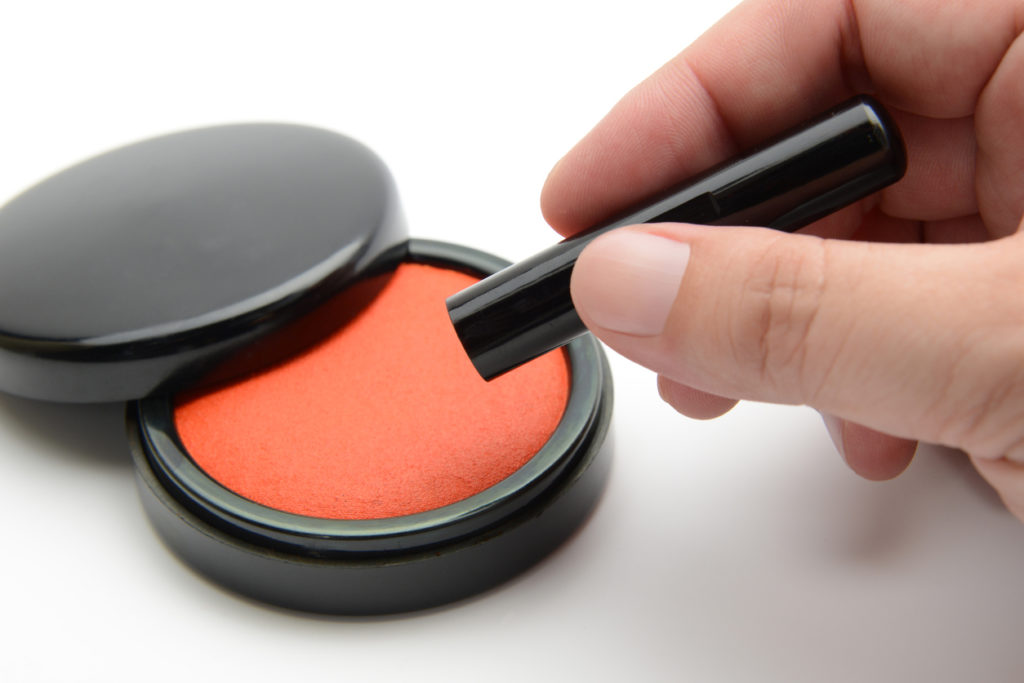
Setting up a simple bank account (not a credit card) is relatively easy in banks like English-speaking Prestia (Sumitomo Mitsui), though getting a credit card is a lot more challenging and you will need to be very patient. To open an account you will need your residence card and passport, and they will need a hanko (a small personal seal used in place of a signature). If you have one, then great. If you don’t, be prepared to insist that you don’t. It will take lots of persuasion, they will have a small managerial meeting and then either them or you will finally give in. Having a hanko is not a legal requirement, no matter what you’re told, so keep at it. If you still have to make one though, stop by at the nearest hanko store and order one. It will take a few days at least, but it will solve your problem if resisting doesn’t work.
12. Recycling is not as daunting as it seems
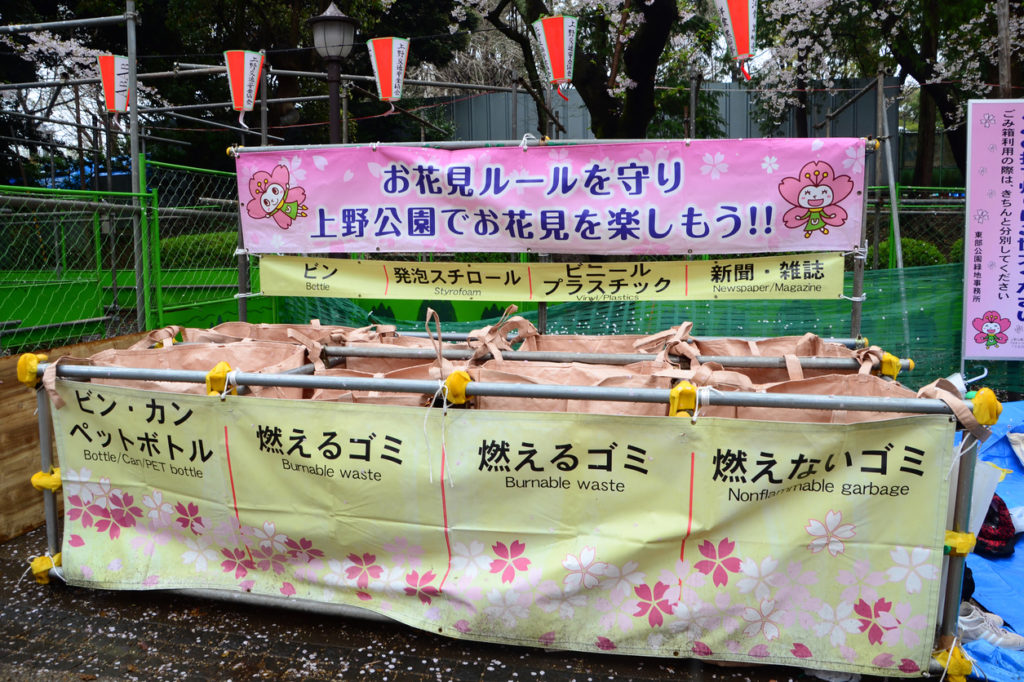
You will feel as though you need a PhD in recycling at first, but you’ll be quick to realize that it’s not as daunting as it seems, and it’s incredibly efficient (though where it all goes is questionable and you’ll be shocked by the amount of plastic with which you come into contact). It’s very straightforward:
- Burnables – anything you can burn (including papers, waste, non-PET, etc)
- Non-burnables – cans, bottles, cardboard, PET plastics – all need separate bags
- Non-recyclables – old irons, clothes, spray cans, etc.
Check your local area for the rules though as some areas are stricter than others.
13. Get yourself a mamachari — if you’re a mom (or a frequent shopper)
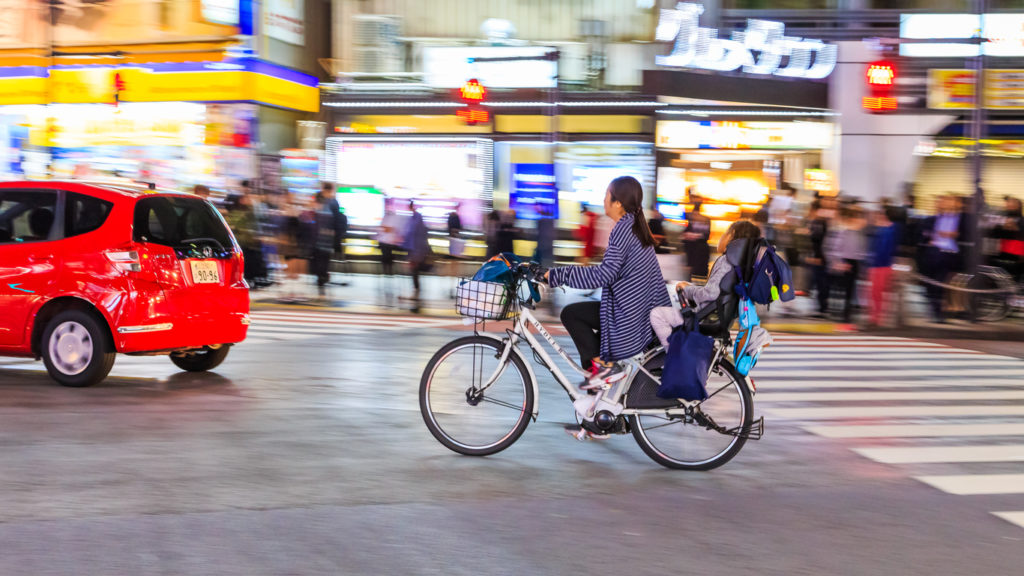
Why we don’t have one in every corner of the world beats me. My Tokyo life changed completely when I got my very own ‘mama-chariot’ – a bike with an engine and bags of space for kids and groceries. And it’s super stylish too. Mamachari are cultural icons, used for school runs, shopping and just about everything.
14. Rent costs are ridiculous
While many things are not as high as in other cities in the world, there are some things that are incredibly disproportionately high in Tokyo, such as fees added onto rental agreements, for example. Key money, cleaning fees, contract fees and agency fees all add up to paying about 3-4 times your rent when you first move in. If your company isn’t paying this, negotiate and be prepared. That said, the “Japan is so expensive” deal is one of the many stigmas left over from the boom of the 80s.
15. But ¥100 shops will save your life
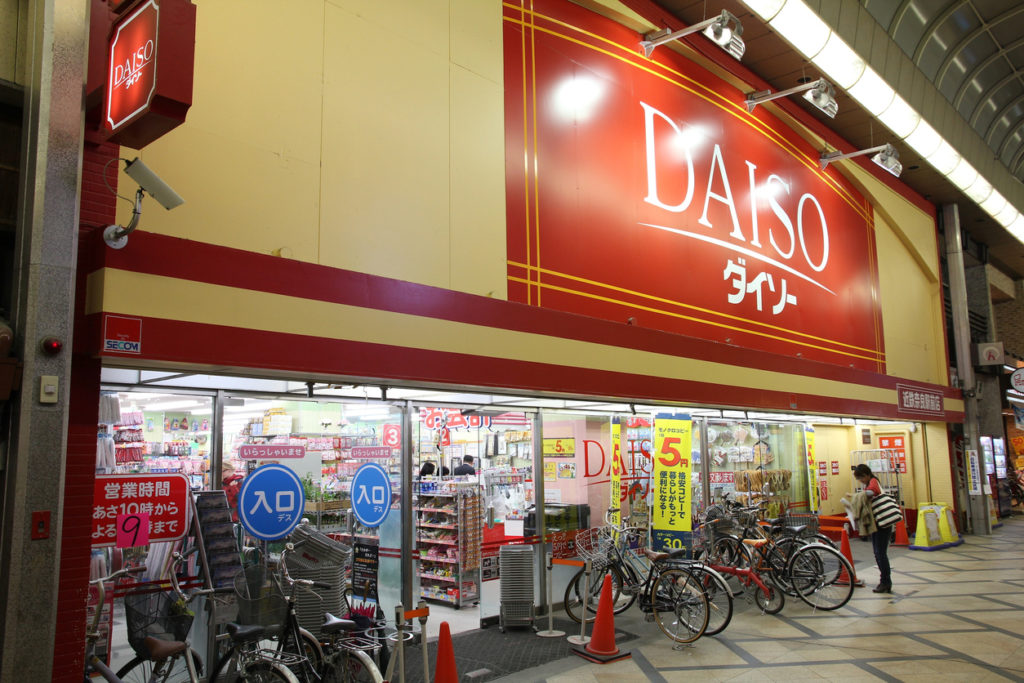
On the flip side, however, you can find just about everything at your local ¥100 store. Look for Daiso, Seria, Can Do and other brands. Cleaning products, bin bags, magic sponges, party fillers, gloves and everything you might need to move into your new home is available at these stores. And they are everywhere.
16. Driving in Tokyo requires good preparation
Converting your foreign license into a Japanese one may take you about seven hours so be well prepared. And when you’re driving, watch your GPS – not great at reconciling Tokyo’s 3-tiered roads as my friend Jana found out when on an entry ramp into a highway without a payment card.
17. Tokyo (and Japan) isn’t always efficient
Despite being a global hub, Tokyo can be technologically challenged at times. Japan, with its bullet trains, robots and neon lights, is like a futuristic movie set, but at the same time be prepared to pay cash in most places, fax machines are very much still on the go, and the amount of paper it takes to get a simple project done may make you weep. That said, there is a gadget for everything and you can pretty much live off your local conbini should you so wish.
18. Your kids will never be bored
 © Photo by AC De Leon
© Photo by AC De Leon
We had an urban shock when moving to Tokyo, but be open-minded and you’ll find tons of things to do with the kids. From the fabulous Yoyogi Koen and Shinjuku Gyoen, the Imperial Palace by bike, fishing at Ichigaya, mud parks in Yoyogi, fire-building parks in Setagaya, all sorts of cafes (I know) from snakes to owls to hedgehogs and more, art shows everywhere, hiking and rafting and camping just outside of Tokyo, and non-stop skiing from December to May.
19. Seasonal events are the best
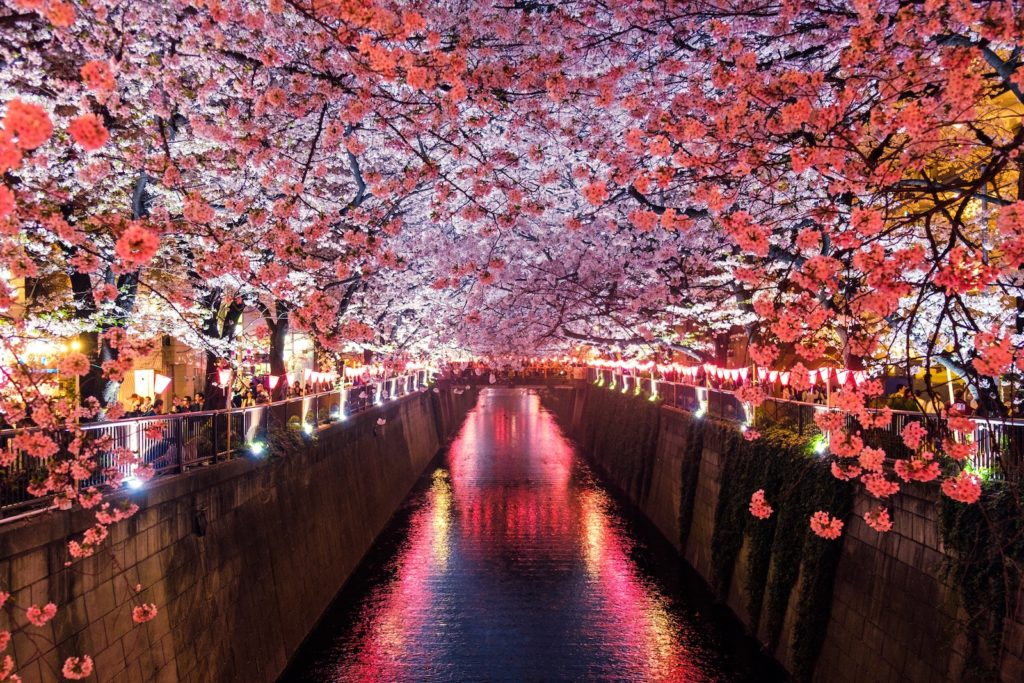 © Photo by Sora Sagano
© Photo by Sora Sagano
With everything sorted and your home neatly organized, you’ll be looking for things to do. Autumn is full of red leaves and beautiful hikes and the lively matsuri have everything from barrels of sake to goldfish fishing. In winter, head to the fabulous slopes – it doesn’t get better than Japanese skiing and there are hundreds of places and oodles of snow. Christmas day is not a public holiday. You’ve been warned. In spring there’s hanami — everyone’s favorite picnics under the cherry blossoms in practically every park and along every canal. Summers are hot but there are lots of beaches not too far away (and a few pools).
20. It’s okay to ask for help
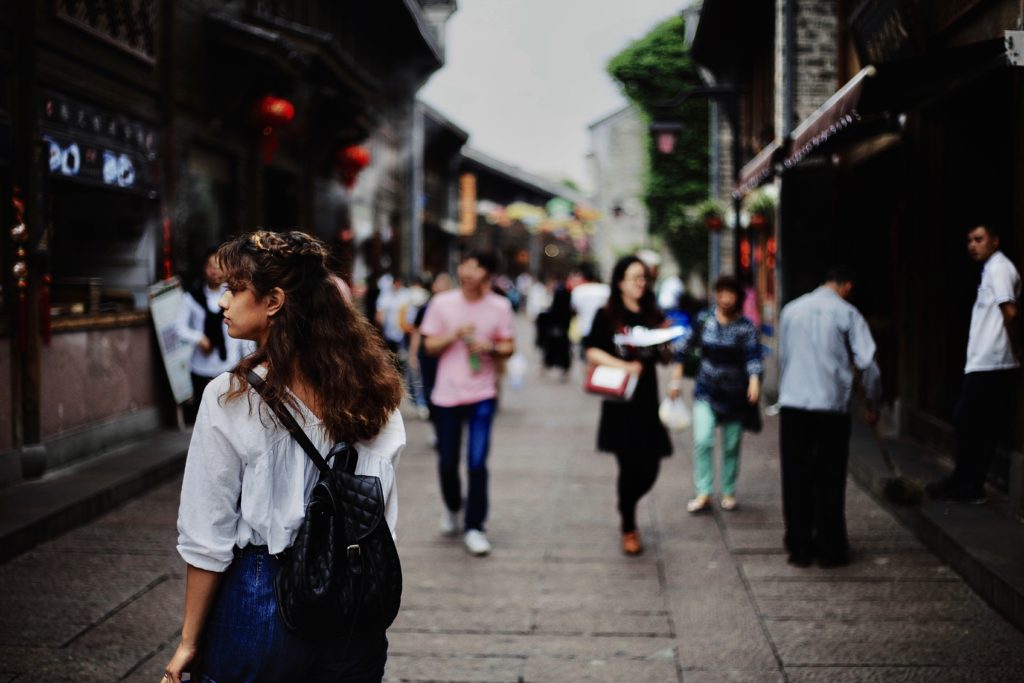 © Photo by Daniel H. Tong
© Photo by Daniel H. Tong
People are amazingly kind and speak more English than they ever let on. They are always willing to help. [/img-copyright]
Last but not least, Tokyo is a fabulous place. Do everything you can to enjoy it!
What would you add to this list based on your experience? Let us know in the comments.

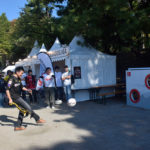
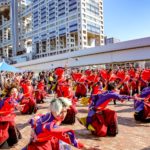
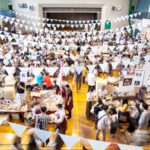







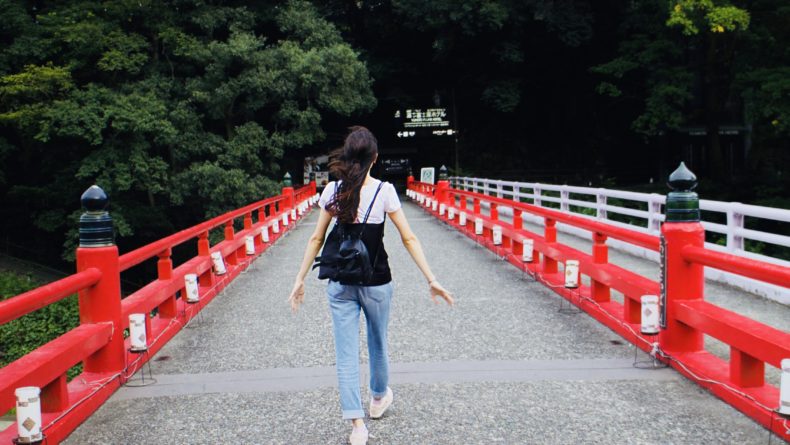
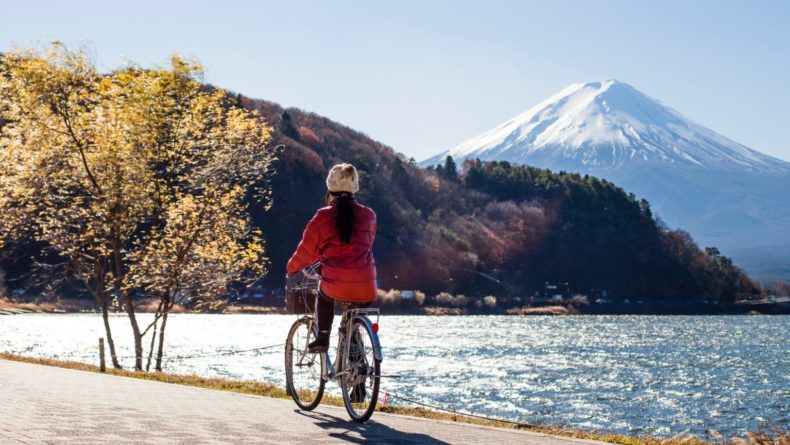
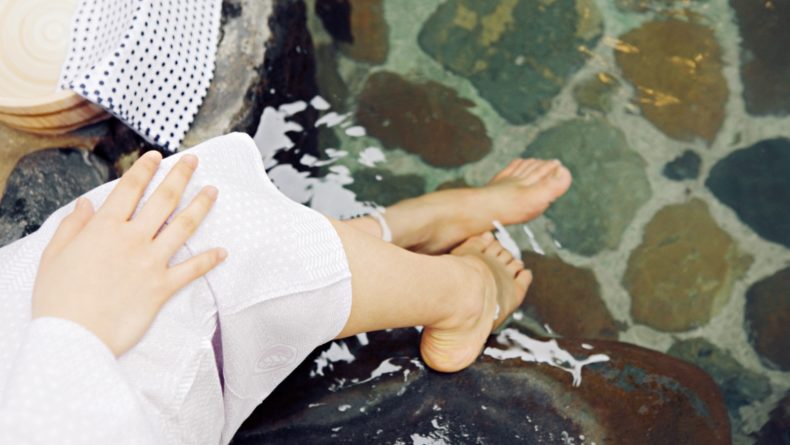
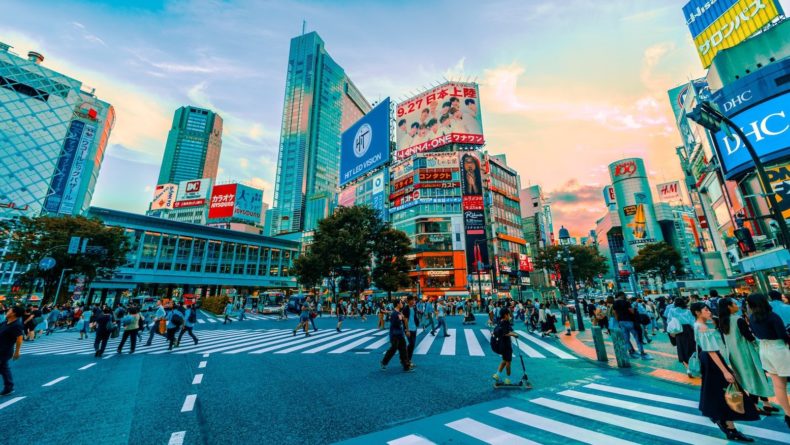
Leave a Reply